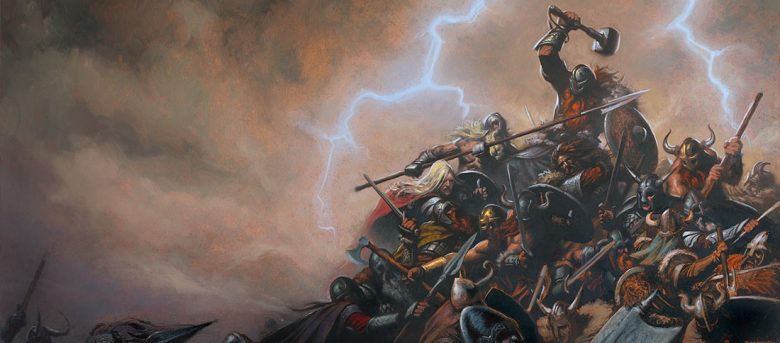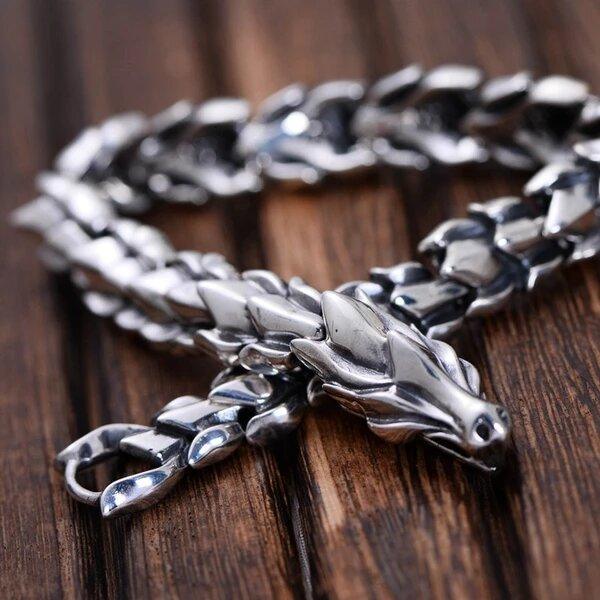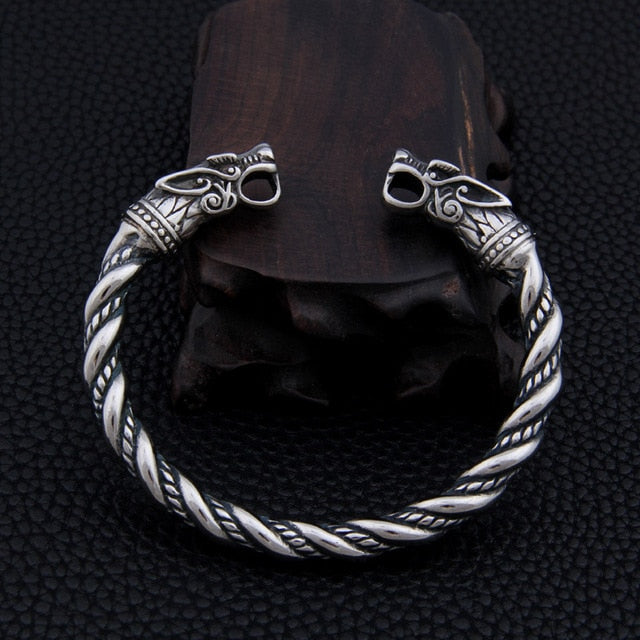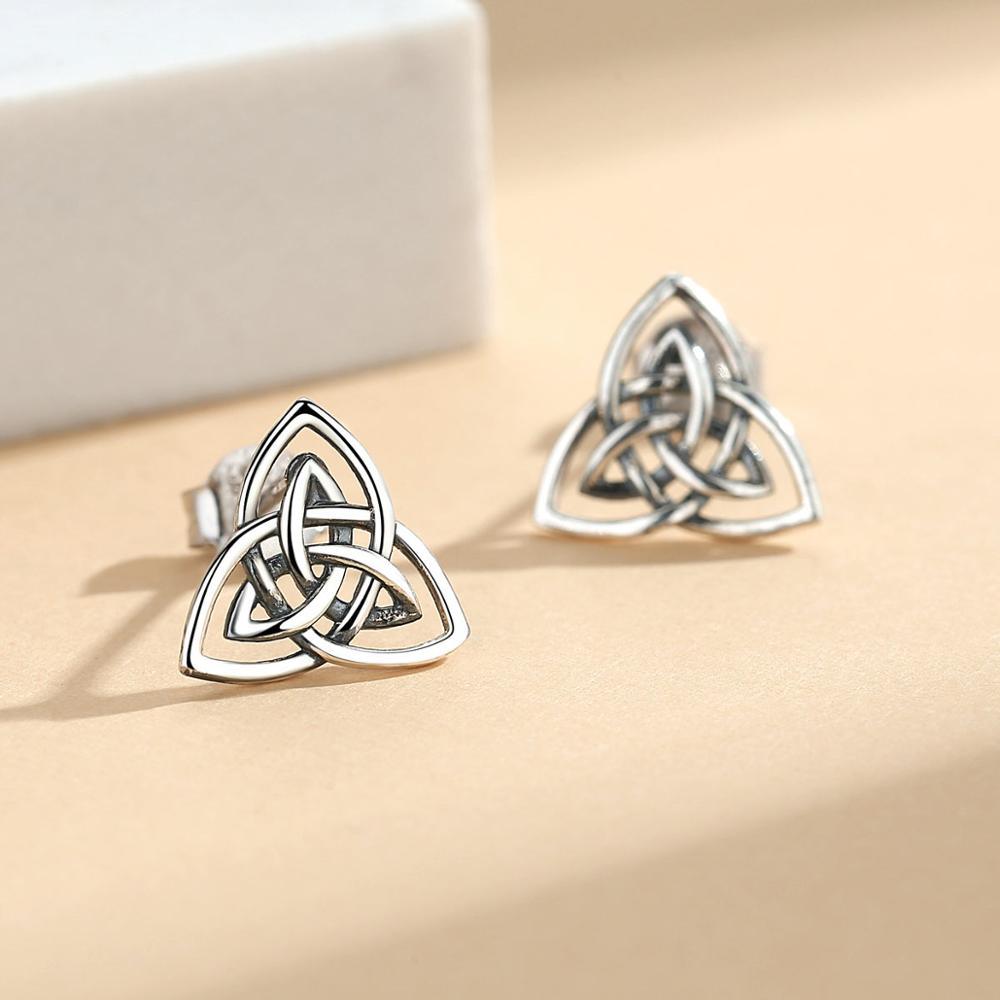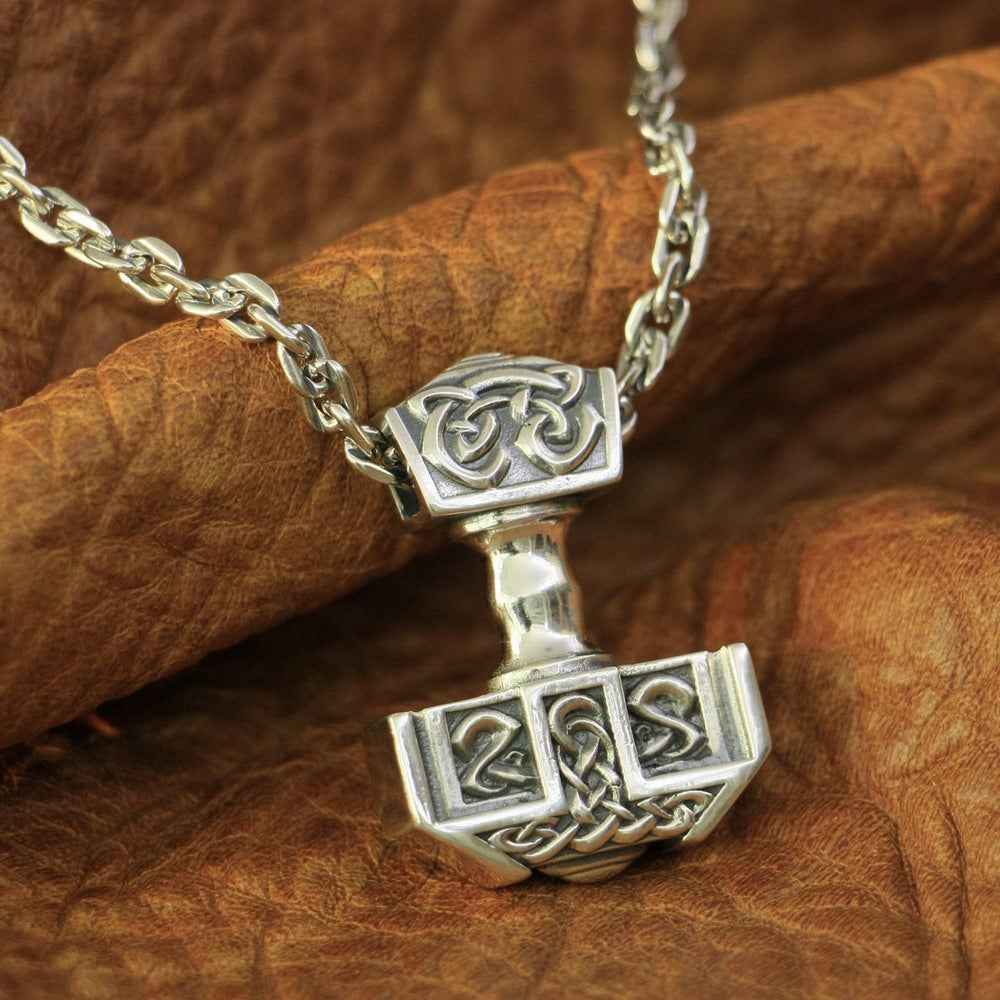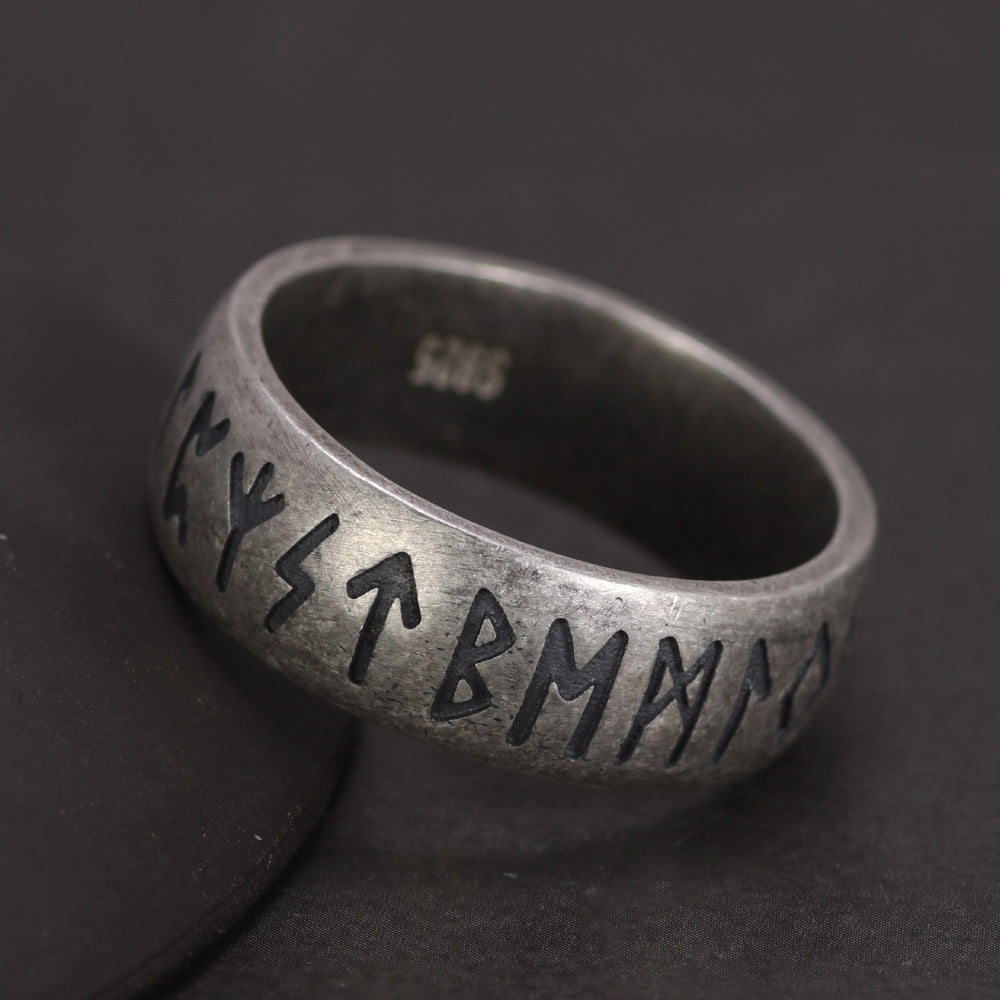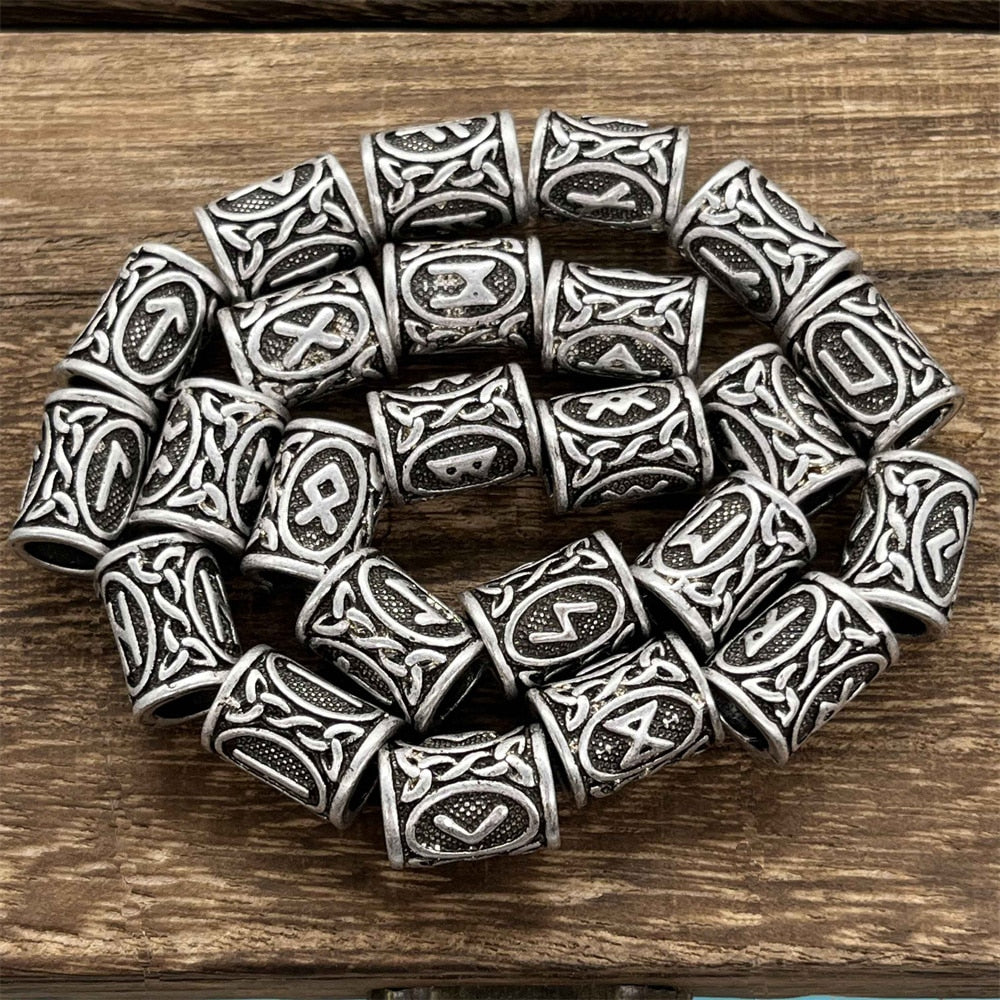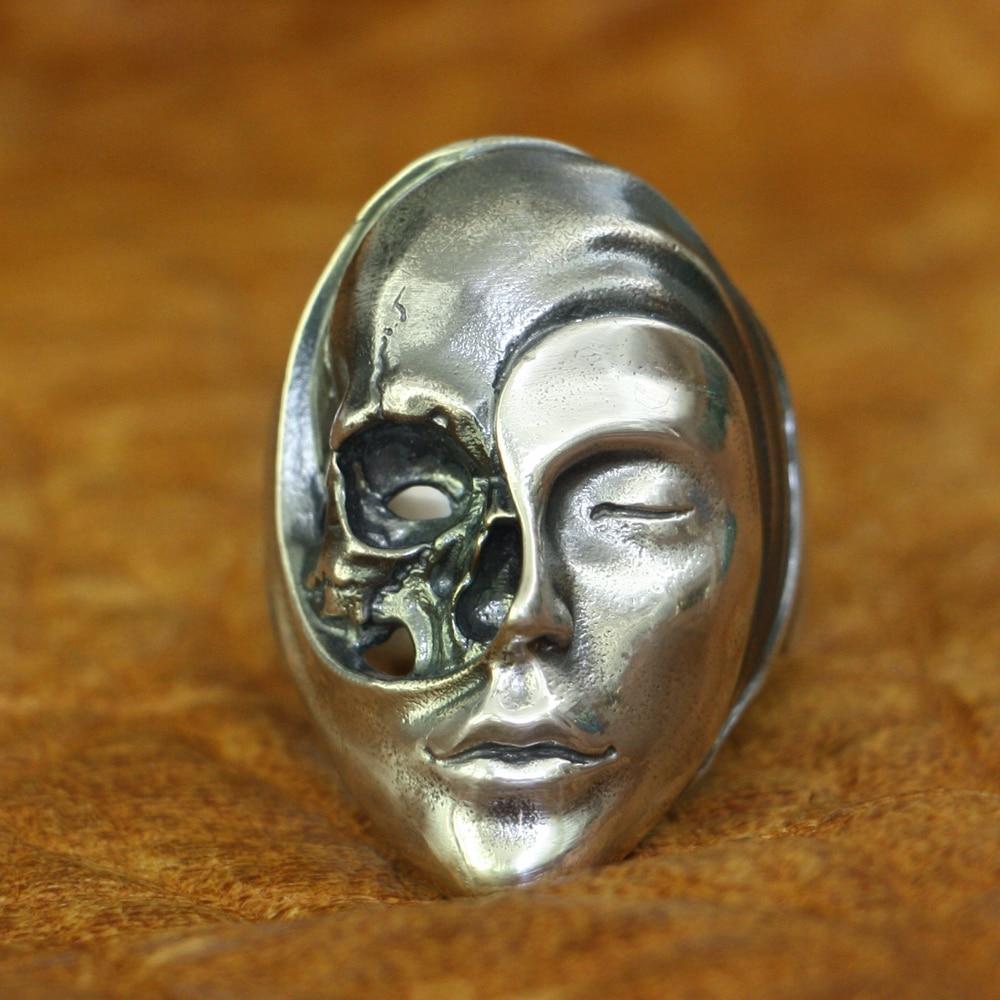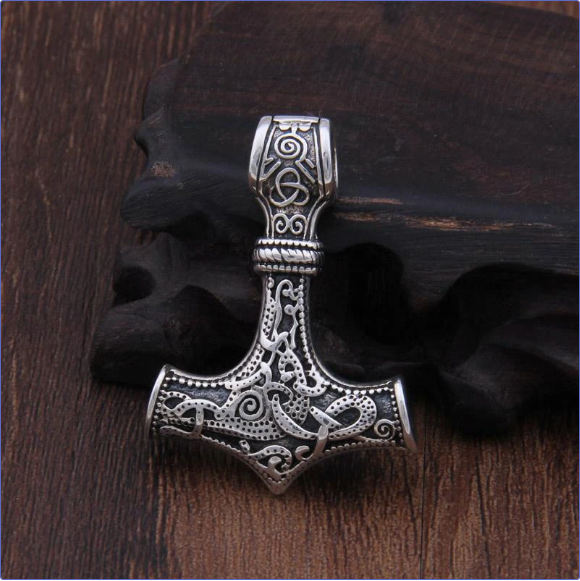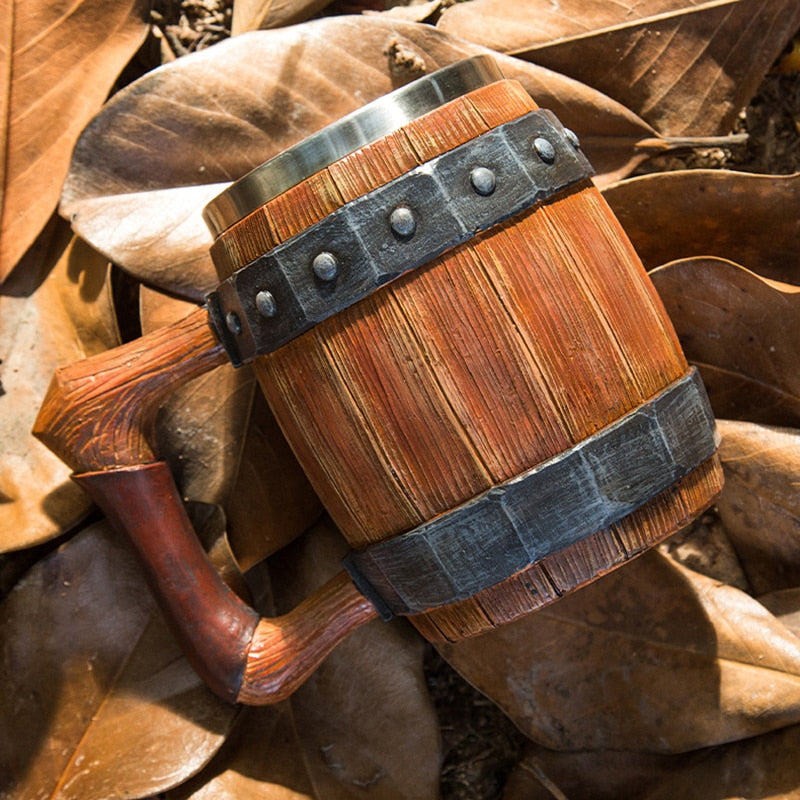The Gods of the North are divided into two groups, diametrically different, but equally honorable: The Aesir and the Vanir. While the Aesir are divinities of strength and power, the Vanir divinities of fertility and magic. Both are equally important and great allies today, but it was not always so.
When humanity was still young, a war raged in the high branches of Yggdrasil, between the realms of Asgard, home of the Aesir; and Vanaheimr, the home of the Vanir. It all begun with a visit from Freyja.
A visit from Freyja
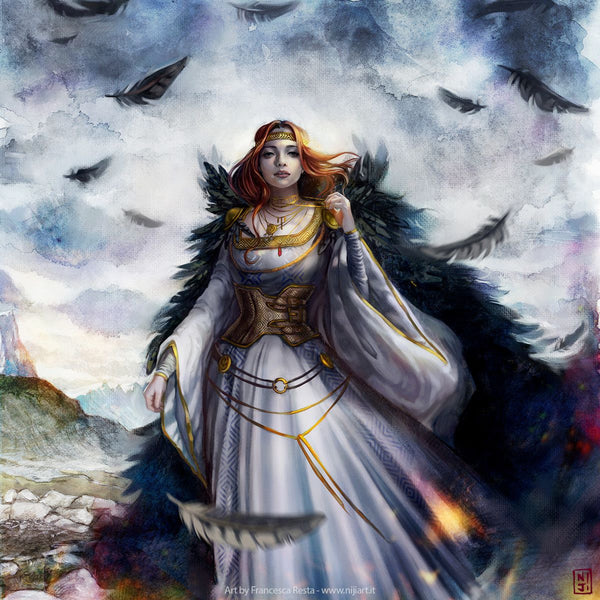
The Vanir Goddess Freya was always the foremost practitioner of the art of seidr, the most terribly powerful kind of magic. Like historical seidr practitioners, she wandered from town to town plying her craft for hire.
Under the name Heiðr (“Bright”), she eventually came to Asgard, the home of the Aesir. The Aesir were quite taken by her powers and zealously sought her services. However, it was not long before Aesir realized that their values of honor, kin loyalty, and obedience to the law were being pushed aside by the selfish desires they sought to fulfill with the witch’s magic. Blaming Freya for their own shortcomings, the Aesir called her “Gullveig” (“Gold-greed”) and attempted to murder her.
They seized her, riddled her body with spears, and threw her onto the fire in the center of the hall of Valhalla. She burned to death, but stepped whole out of the flames. Twice more, she was seized, killed, and burned. Twice more, she walked whole out of the flames, finally managing to escape back to Vanaheimr.
War, peace and hostages
When the Vanir heard how the Aesir had treated Freyja, they swore vengeance, immediately beginning preparations for war.
Odin, sitting in his high seat in his hall of Valhalla, saw the Vanir arming themselves. Being the God of war, he immediately understood that the shadow of war fell over Asgard and began his own preparations for battle.

The sagas do not give us a detailed narrative of the war, but they do reveal to us that it was an even match. At first, the Vanir had the upper hand, quickly leveling the walls of Asgard with their magic. The Aesir did not stood idly, wrecking havoc to Vanaheimr through their strength of arms. The destruction both sides caused was terrible, but hardly enough to win the war. As the war progressed, the Gods realized that they were equally matched in a conflict would destroy them all. There would be no winner standing at the end of the war. That is when the Gods decided to meet and discuss terms.
They argued about the origin of the war, and whether the Aesir alone were responsible or whether both sides were entitled to tribute. In the end, they agreed to live together in peace. To enforce this agreement, leaders from the two sides were exchanged as hostages, a practice that was common here in Midgard during early times.
From the Vanir, the hostages were Njord, God of the sea and winds; his son Freyr, God of peace, fertility, rain and sunshine and also Njord's daughter Freyja, goddess of love, beauty, fertility, gold and seiðr magic. The hostages offered by the Aesir were Hœnir, warrior God of Silence, Spirituality, Poetry, Passion, battle frenzy, and sexual ecstasy and Mímir, God of knowledge and wisdom.
The beheading of Mímir an the birth of Kvasir
In Vanaheimr, Hœnir was unfailing while he kept the wise Mímir at his side, and the Vanir quickly appointed him to be one of his leaders. However, without Mímir, Hœnir seemed incapable of making a decision. "Let someone else decide," he would always say.
The Vanir suspected that they had been tricked, and that they had gotten the worse part of the bargain in the exchange of leaders. Still embittered by the incident with Freyja, the Vanir decided to show their displeasure by hacking off the head of Mímir and sending it by messenger back to Odin and the Aesir.
Odin cradled the head, smearing it with herbs and chanting magical spells he had learned from Freyja. The head was preserved from decay and given the power of speech, so that Mímir could always share his wisdom with Odin, now truly making the Aesir the ones who gained more in the bargain.

I can't feel my legs...
Mímir's beheading caused a great outrage among the Aesir, but the Gods met once again, in a last attempt to prevent war, for the memories of the previous one were still very fresh on their heads. Both sides favored peace, eventually reaching a new agreement. The deal was sealed in the traditional manner of spitting into a cauldron. From the spit of the Gods, Kvasir was born.
Kvasir was the wisest human that ever lived. No knowledge was beyond his grasp and all questions he could and would answer correctly.
He spent his life traveling around Midgard, dispensing his wisdom to anyone who would listen. That is, until the day he was murdered…
But that is a post for next week!
Sources:
Simek, Rudolf. 2007 (1993). Translated by Angela Hall. Dictionary of Northern Mythology. D.S. Brewer. ISBN 0-85991-513-1
Orchard, Andy. 1997. Dictionary of Norse Myth and Legend. Cassell. ISBN 0-304-34520-2
Jesse Byock (2005) Snorri Sturluson, The Prose Edda. 1st. edition. London, England: Penguin Books Ltd. ISBN-13 978-0-140-44755-2
Daniel McCoy. 2016. The Viking Spirit: An Introduction to Norse Mythology and Religion. 1st edition. CreateSpace Independent Publishing Platform. ISBN-13 978-1533393036
